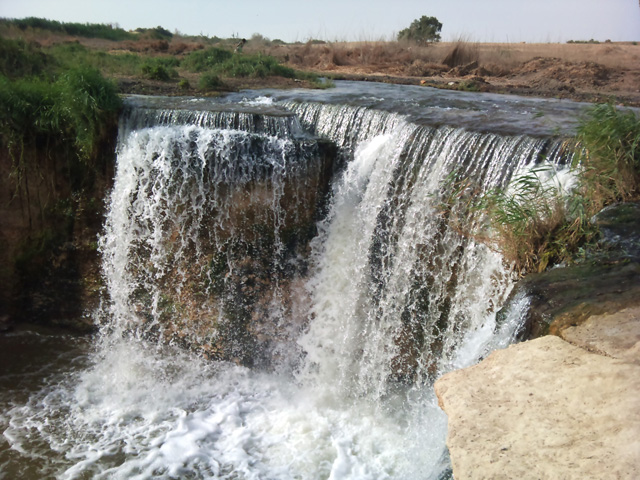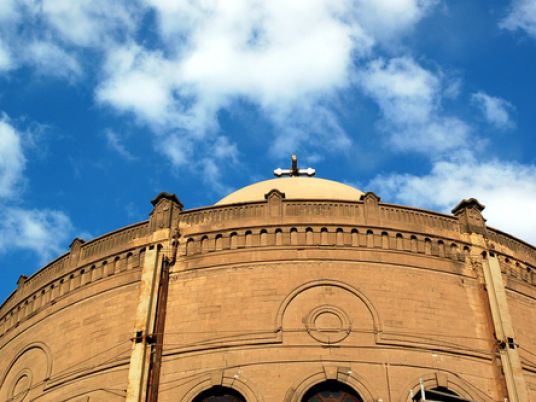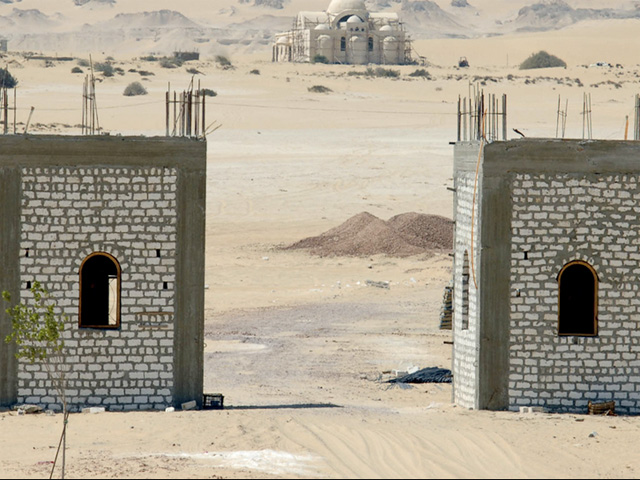Earlier this month, the Ministry of Environment designated two Fayoum wetlands, Lake Qarun and Wadi al-Rayan, to be added to the Ramsar Convention’s list of wetlands of international importance.
The Ramsar Convention is an international treaty for the conservation and sustainable utilization of wetlands. Sites are approved for a variety of reasons that revolve around their ability to support and sustain rare species of animals or plants in unique geographical locations.
This is the first time that Egyptian sites have been added to the list since the country joined the convention in 1988, when Lake Baradwil in Northern Sinai and Lake Burullus in the Nile Delta were added.
According to Mostafa Foda, Ramsar’s representative in Egypt, the two new additions were selected for their ability to support a large variety of endangered bird and fish species. Their role in contributing to seasonal, global bird migrations was also a significant factor.
“Associating with Ramsar is very helpful because it puts national treasures on the international map,” says Foda, who is also a longtime advisor to the Ministry of Environment. “It allows you to apply for funds, and also seek counsel from international experts about wetland preservation and development.”
Foda adds that funding received for Lake Burullus in the 1990s allowed for significant site development, personnel training and awareness campaigns.
Mohamed Fishar, Ramsar’s Egyptian wetland expert, says Lake Qarun has already been approved to receive approximately US$20,000 for development purposes.
“We are putting together awareness campaigns, and plan to fix a lot of the damage that has already been done from nearby factories and severe negligence over time,” says Fishar. “Training personnel and locals to take care of the lake is also an important goal.”
However, some environmentalists are skeptical as to whether or not a Ramsar listing actually has the ability to significantly improve the state of a wetland site.
“Of course, any sort of international association is a positive step,” says Mindy Baha El Din, who serves on the board of local NGO Nature Conservation Egypt. “But in Egypt there is this continued disconnect between what’s written on paper, and actually being able to take things to the implementation stage.”
Renowned conservationist and bird watcher, Ali Hamdy, also shares a similar view.
“In Egypt we don’t have the personnel, education and continued resources to follow through with such projects until their end,” he says. “Many of the protectorates are continually falling apart. Also, Lake Baradwil and Lake Burullus are still suffering badly after over 20 years of being recognized.”
While Fishar relates to these concerns, he believes that “everything is a step process, no matter how slow or how long it takes, at least you are certain it is not a step backwards.”
Ramsar representative Foda also confirms that the organization performs periodic checks to ensure that projects are correctly implemented. Sites that do not comply risk being dropped from the list.
“The reason Ramsar listings are important is exactly because it alleviates a portion of the national oversight, and places it in the hands of the international community,” he says. “This is a positive step forward for the sites but also Fayoum as a whole. It’s an achievement to have four Egyptian wetlands associated with Ramsar.”



